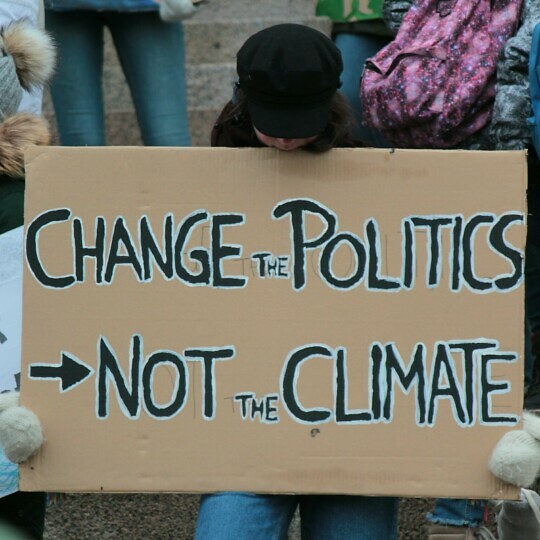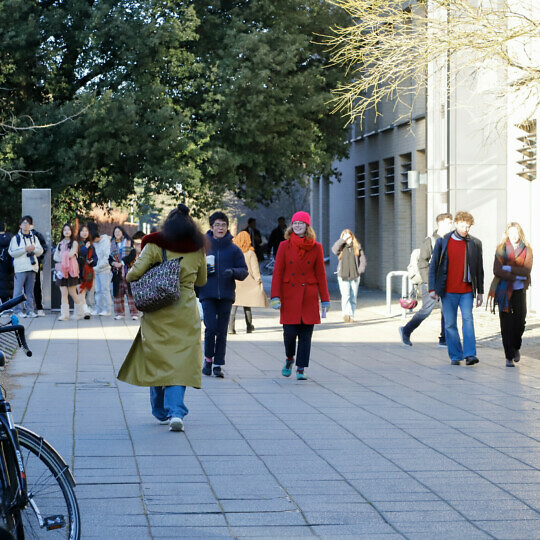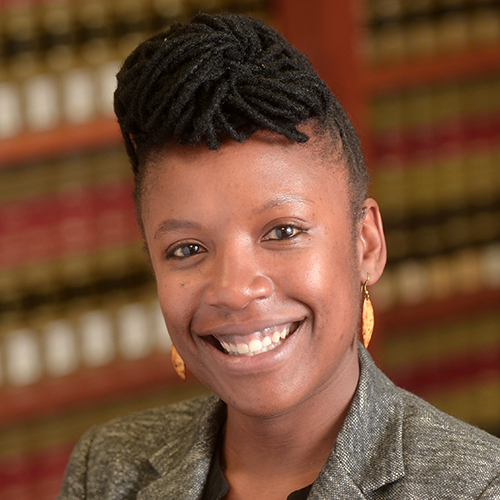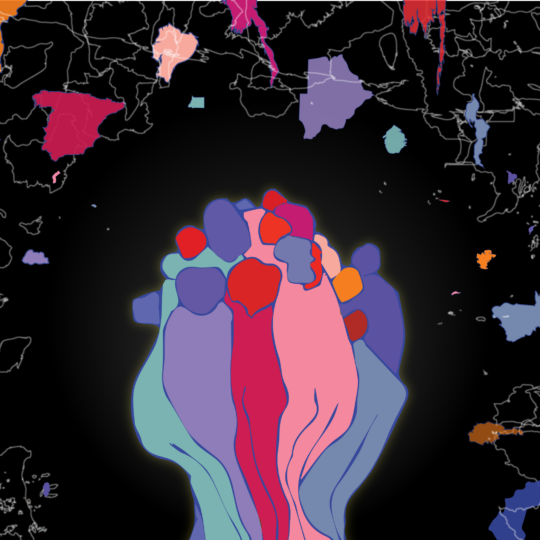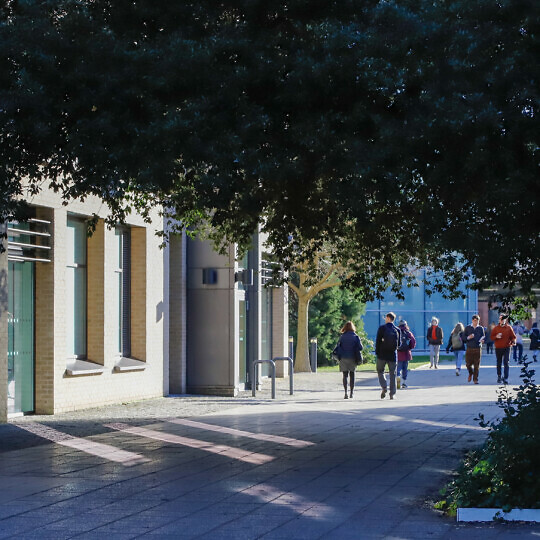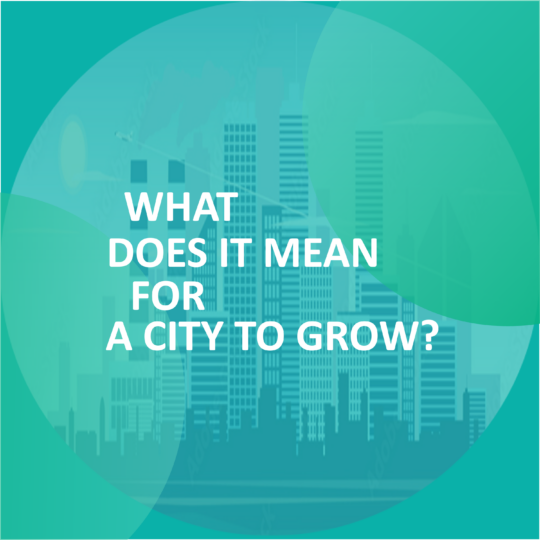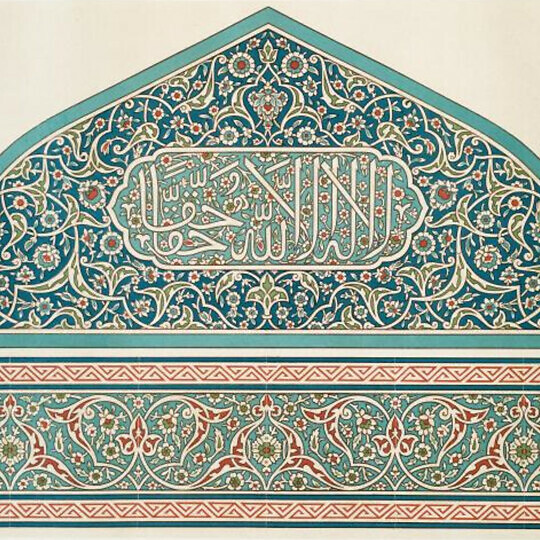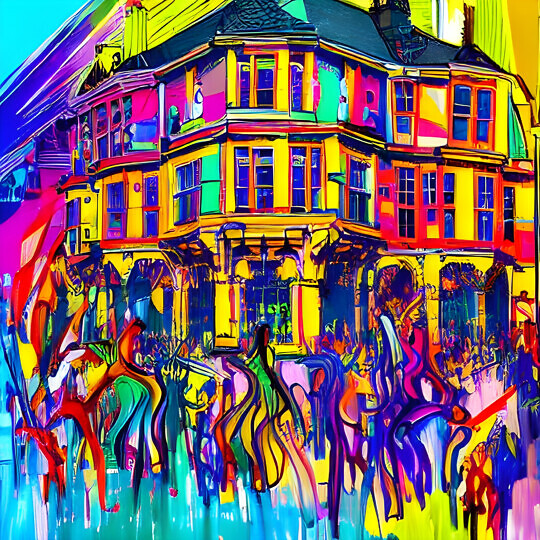| 12 Dec 2019 - 13 Dec 2019 | All day | Room SG1 & SG2, Alison Richard Building, 7 West Road, Cambridge, CB3 9DT | |
- Description
- Programme
Description
Convenors
Caroline Rusterholz (University of Cambridge)
Yuliya Hilevych (University of Cambridge)
Jenny Bangham (University of Cambridge)
Summary
Counsellors in reproductive health help patients and parents interpret the results of genetic tests, make decisions about treatment and birth control, and understand sexual difficulties. Counselling encounters are potentially highly emotional — provoking guilt, fear, confusion, relief and joy — and can powerfully impact individuals, families, extended families and communities.
They also have rich and varied histories. In postwar Europe, counselling and communication practices in reproductive health have driven and been shaped by the ‘liberalisation’ of sexuality, the psychological turn, ethical and legal debates about reproductive autonomy and disability, discourses about race, gender and medicine, a growing need for patients to manage risks, and new definitions of responsible citizens and patients.
This two-day interdisciplinary workshop brings together historians, sociologists and current professionals to consider three strands of practice: sexual and birth-control counselling, infertility counselling and genetic counselling. Thematically, we have four aims: (1) to recover the changing gendered and radicalised experiences of reproductive and sexual medicine by patients and practitioners; (2) to explore the roles of 'emotion' in counselling, especially in relation to class, gender and race; (3) to understand changing strategies for managing risk and responsibility in different political contexts; (4) to explore how counselling is being refashioned today, in light of new reproductive technologies and genomic medicine.
Sponsors

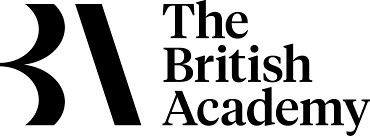
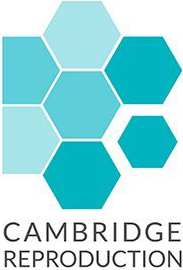


Supported by the Centre for Research in the Arts, Social Sciences and Humanities (CRASSH), the British Academy, the Cambridge Reproduction Strategic Research Initiative, the University of Cambridge's Faculty of History, and the Wellcome Trust.
Programme
Thursday 12 December 2019 |
|
| 08:30 – 09:00 | Registration |
| 09:00 – 09:30 | Welcome and Opening |
| 09:30 – 11:00 | Session One: Sexual Counselling in the Past: Teenagers and Spouses Caroline Rusterholz (Wellcome Trust Research Fellow, Faculty of History, University of Cambridge) Teri Chettiar (Assistant Professor, Department of History, University of Illinois) Chair: Lesley Hall (Wellcome Library) |
| 11:00 – 11:30 | Break |
| 11:30 – 13:00 | Session Two: Infertility Counselling: History, Politics and Practices Jennifer Hunt and Jim Monach (co-founders of BICA) Naomi Pfeffer (Emeritus Professor, University College London) Chair: Yuliya Hilevych (Faculty of History, University of Cambridge) |
| 13:00 – 14:00 | Lunch |
| 14:00 – 15:30 | Session Three: Genetic Counselling: Words and Emotions Angus Clarke (Division of Cancer and Genetics, School of Medicine, Cardiff University) Elizabeth Anionwu (Emeritus Professor of Nursing) Chair: Caroline Rusterholz (Faculty of History, University of Cambridge) |
| 15:30 – 16:00 | Break |
| 16:00 – 17:00 | Public Lecture – CANCELLED Kate Fisher (Professor of History, Exeter University) |
Friday 13 December 2019 |
|
| 09:30 – 11:00 | Session Four: Sexual Counselling: Past Practices Robert Irwin (Bath Spa University, Senior Lecturer in Psychology and Counsellor) Ester McGeeney and Rachel Thomson (Department of Sociology, University of Sussex) Chair: Lucy Delap (Department of History, University of Cambridge) |
| 11:00 – 11:30 | Break |
| 11:30 – 13:00 | Session Five: The Emergence of Self-help Groups around Infertility Tinne Claes (Post-doctoral Research Fellow, Department of History, Katholieke Universiteit Leuven) Yuliya Hilevych (British Academy Newton International Fellow, Faculty of History, University of Cambridge) Chair: Nick Hopwood (HPS, University of Cambridge) |
| 13:00 – 14:00 | Lunch |
| 14.00 - 15.30 | Session Six: Genetic Counselling: Risks and Responsibility Birgit Nemec (University of Heidelberg, Germany) Susanne Doetz (University of Magdeburg, Germany) Chair: Jenny Bangham (Department of History and Philosophy of Science, University of Cambridge) |
| 15:30 – 16:00 | Break |
| 16:00 – 17:30 | Public Lecture Tracey Loughran (University of Essex) |

